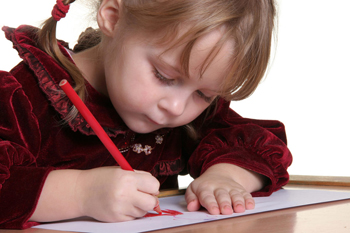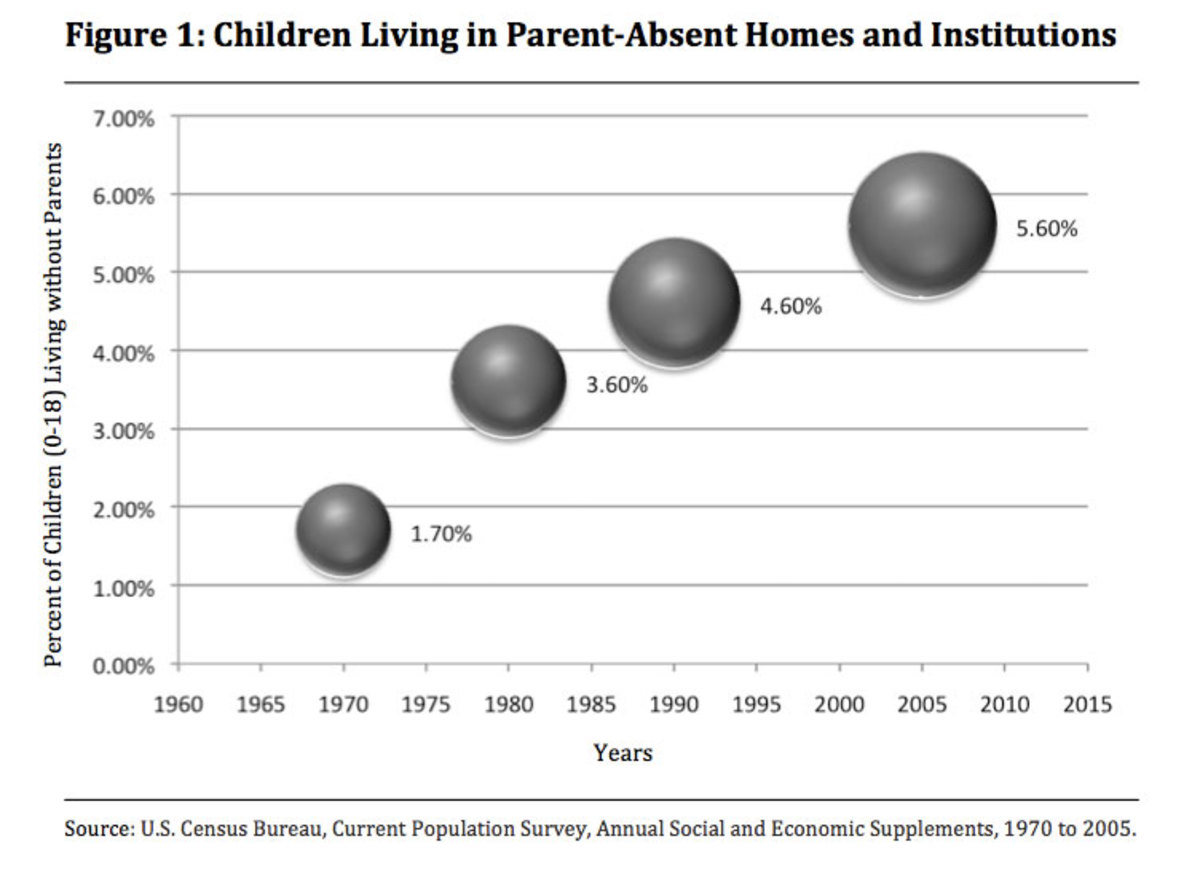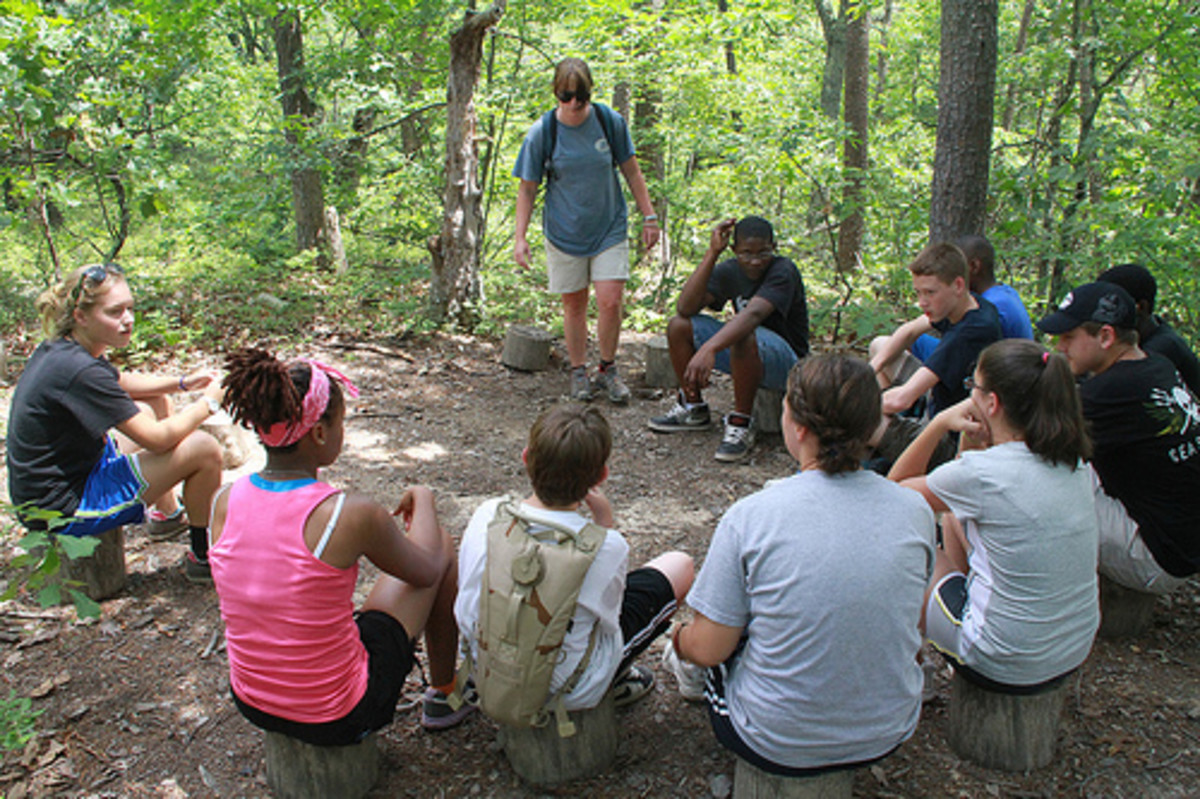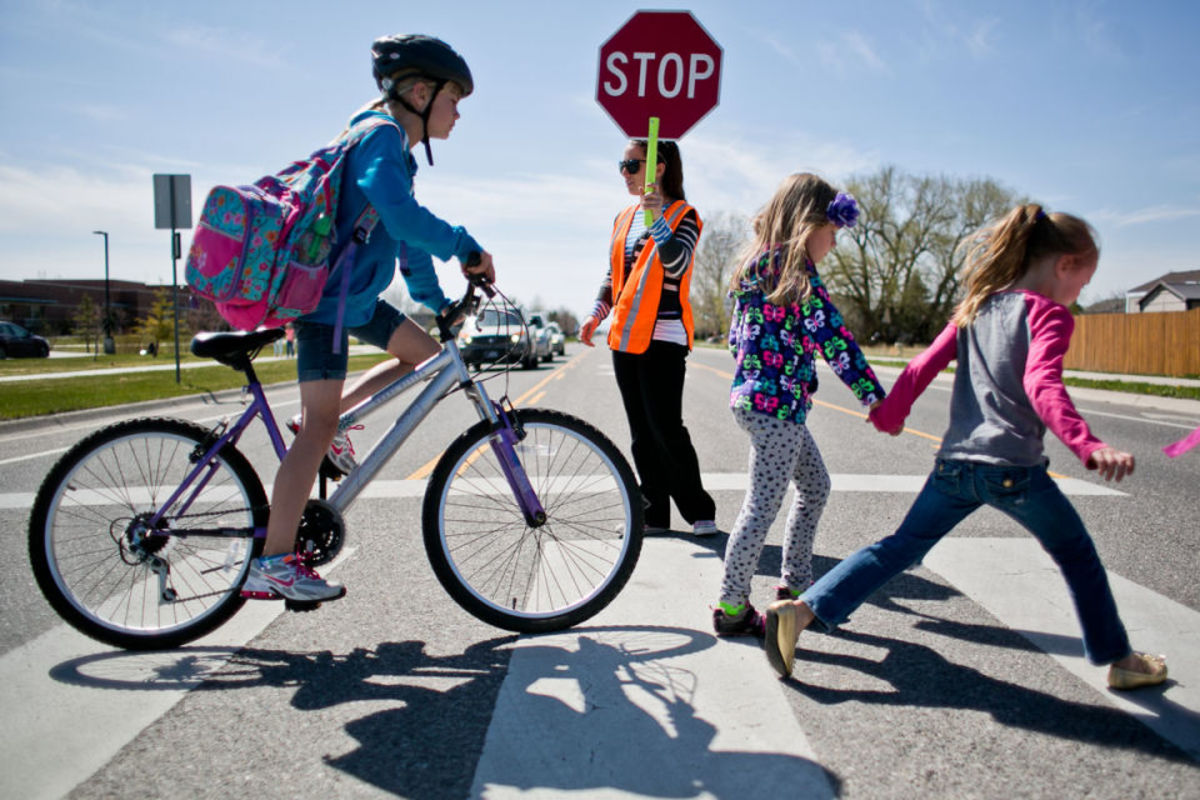Smooth Starts to School
Stress Free School Starts

September
As the new school term approaches fast, many parents will be worrying about their children. Whether they are starting school for the first time, making the transition from one school to another or even moving to a new class, this can be a time of stress for children and their parents.
As an experienced teacher, and a parent and grandparent, I know how important it is that parents manage their own emotions or they will end up transmitting their anxiety to the child.
In this hub I will share some of the best ways to make September stress free.
Calm, Confident and Positive
It can be tough for parents watching their little, or even not so little, ones go into new situations. But this really is not the time to show any worries you may have.
If you do have any specific worries then make sure you communicate these to the teacher, but not in front of the chid. It's also fine to share your worries with others for support, like chatting to friends or partners, but again it is important not to do this when children are in earshot. Even quite small children who may look like they are not listening at all, can pick up your concerns and this will make them anxious. them the message that school can be fun
When you talk about school BE POSITIVE. I know there may be aspects of school that some kids don't enjoy but most children have lots of fun times too. So emphasise the positive. Children can pick up messages from what you say, if you sound negative they may start out with a negative attitude. Give them the message that school can be fun.
Be Positive

Be Prepared
As parents you need to do a bit of homework before the day they actually start, or return to school. Make sure that you know what is required for uniform, for equipment, or for PE kits and then make sure that you have it all ahead of time. This is important as you want your child to be calm as they approach the new experience not in a panic as you race around shops trying to get a bag or shoes and find they have sold out.
When you do have it all make sure you try it on to check it all fits. Don't leave till the morning to discover the school trousers are too tight or their coat too big.
Also make sure that if things need to be named this is done and check with the school or other parents what they actually need to take on the first day of term.
For small children it might also be worth having a conversation about what they won't take - what they will leave safely at home. The first morning isn't the time to discover that they expected to take a favourite toy, unless this is allowed or encouraged but the school.
Uniform

Have a Plan
Before the actual day make sure that you know where you will say goodbye to the child and make sure they know this too. It is distressing for everyone if the child is crying and clinging simply because they thought you would go into the school but actually you have to leave them with a member of staff in the playground.
When you know, make sure the child knows and rehearse this by telling them, often more than once that you will take them into the playground/classroom or wherever and then say cheerio, give them a hug, or not and this really is up to the individual, and then you will go.
It sounds basic but just because we as adults know the drill it doesn't mean children do.
It is also worth planning ahead of the day what the lunch plan is and even what the routine will be on the first morning.
Plan Ahead

Honesty IS the Best Policy
If children do ask questions try to answer them as honestly as you can. If you don't know the answer then you can probably check the school website, contact the school, or check with other parents.
If the questions are more general, like "What if I don't like it?" from a small child, answer simply that you will help them sort out why they don't like it but also say that you are sure they will.
Even if school was not a great experience for you, it's important you don't convey your anxieties to them, it is perfectly all right to be honest but the timing has to be right so filling your childs head with terrible tlmes from your own experience is definitely not going to help them.
Basic Needs
As with all areas of mental and physical health and growth, it is important to give children the best chance by making sure a few basics are in place.
Make sure their diet is full of fresh healthy, nutritious, food - treats are fine but make sure they are getting al the nutrients they need for growth and good health. This link gives some good advice on healthy foods and the video below emphasises why a good diet is important.
http://www.helpguide.org/life/healthy_eating_children_teens.htm
Sleep is important as well and most young children and indeed teenagers need more sleep than adults so make sure that routines are structured at home to allow them to get enough sleep. Often exercise, particularly outdoors helps with children sleeping so make sure this is part of their routine. The link below gives a guide to how much sleep children need at different ages, but do remember that the needs of each individual may vary.
http://www.nhs.uk/Livewell/Childrenssleep/Pages/Howmuchsleep.aspxry.
Obviously schools are places of learning but try if at all possible to make sure your children have the skills they need to cope well with school. So for small children make sure they can manage to change for PE - if they can't tie laces yet make sure they have shoes with an alternate fastening.
You want children to feel confident in their abilities, so when choosing bags or pencil cases or even lunch boxes make sure that small children can manage to open them.
It is also important to equip them with some of the social skills they need which usually happens during nursery schools or playgroups but for lots of children it is worth rehearsing how to approach other children and how to ask adults for help etc.
Healthy Diets
Create a Dialogue about Emotions
Some children and many teenagers find it hard to articulate their worries or fears and it is important to give the message that it is not only ok to express fears, but actually it is a vital life skill.
So make sure you have relaxed conversations, about how new situations may feel exciting but also a bit scary. Talk about important issues like what to do if there is a problem of some sort. When having these conversations don't make them intense, often it is good to have them while in the car or walking somewhere or even when unpacking shopping or making a snack together, a time when they can be a bit detached and engage if they want but also just listen.
It s important that children and teenagers know that adults have all the same emotions in life AND it is never too early for children to learn some strategies to deal with stress. This can easily be done in an age appropriate way - simply by explaining what you do when you feel worried - maybe you talk to someone, maybe you do something to take your mind off your worries, maybe you take a few deep breaths.
Manage Your Own Emotions
It is perfectly normal to feel emotional about children growing up - it always happens faster than you would think it will and it is important as adults that we don't bottle up too much emotion. So make sure you build in time to deal with your emotions so that you can be calm and supportive when helping children deal with theirs.
Of course children may worry about some of the aspects of school, or new experiences but the emotions felt by parents are often different. Yes they may have worries about how their little one, or even big one, will cope in the particular environment but for adults the emotions are often about time slipping away - so if you think you might need a good old cry after you say cheerio at the school gates then allow yourself time to do this. It is also important to state that dads feel it too. It's not just the domain of mums - but it might be expressed in different ways.
Summary
- Be calm, confident and positive when you talk about school
- Be prepared well ahead of the 'big day'
- Have a plan for the first day
- Be Honest with your children
- Get the basics right - make sure they have enough sleep, a healthy diet and are used to exercise
- Create a dialogue about emotions so that they can express any worries
- Manage your own emotions and model this to children
- Deal with problems promptly - chances are they will only get worse
Deal Promptly with Problems
If you are, or become aware that your child has a problem, or if you see a problem developing than address it early. Some things just sort themselves out but many minor problems become more significant because they are not addressed.
So try talking to the child, then the school, sometimes it's helpful to chat to other parents but not always as some problems are individual and it may be worth talking to a doctor or health worker for some problems.
The important thing is don't just ignore it. If a child seems to struggle with reading, or maths or the social side f school then they may need some additional help and the earlier they get this the better.








